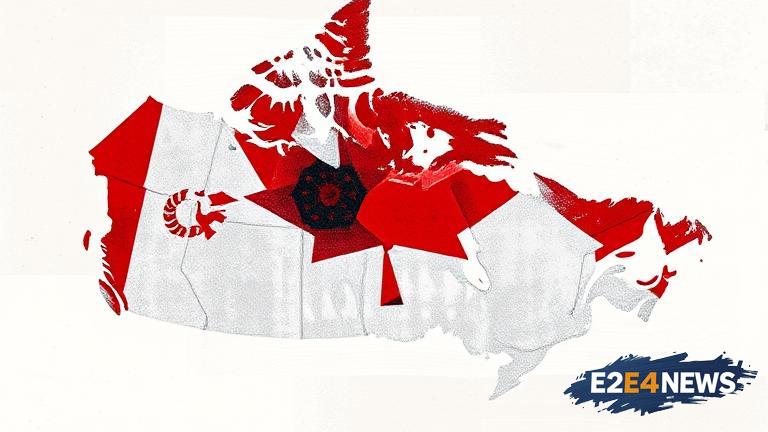The issue of Indigenous rights and reconciliation has been a longstanding concern in Canada, with many Indigenous communities facing significant disparities in areas such as education, healthcare, and economic opportunities. Recently, a number of high-profile incidents have brought attention to the issue, including the discovery of unmarked graves at former residential schools and the release of a report highlighting the systemic inequalities faced by Indigenous peoples in the Canadian justice system. The Canadian government has faced criticism for its handling of these issues, with many arguing that it has not done enough to address the root causes of these problems. In response to these criticisms, the government has announced a number of initiatives aimed at improving the lives of Indigenous peoples, including increased funding for Indigenous education and healthcare, as well as the establishment of a new office dedicated to reconciliation. However, many Indigenous leaders and advocates have expressed skepticism about these initiatives, arguing that they do not go far enough to address the systemic inequalities faced by Indigenous communities. One of the key issues that has been highlighted in recent months is the need for greater Indigenous representation and control over decision-making processes that affect their communities. This includes the need for Indigenous peoples to have a greater say in the development of policies and programs that affect their lives, as well as the need for greater transparency and accountability in the way that government funds are spent. Another key issue is the need for greater support for Indigenous languages and cultures, which are an essential part of Indigenous identity and are at risk of being lost due to a lack of funding and support. The Canadian government has also faced criticism for its handling of Indigenous land claims and self-government agreements, with many arguing that these processes are too slow and do not provide adequate support for Indigenous communities. In addition, there have been concerns raised about the impact of climate change on Indigenous communities, which are often located in areas that are most vulnerable to the effects of climate change. The Canadian government has announced a number of initiatives aimed at supporting Indigenous communities in their efforts to adapt to climate change, including increased funding for climate change mitigation and adaptation projects. However, many Indigenous leaders and advocates have argued that these initiatives do not go far enough to address the scale and urgency of the problem. Overall, the issue of Indigenous rights and reconciliation remains a major challenge for the Canadian government, and one that will require sustained effort and commitment to address. The government will need to work closely with Indigenous leaders and communities to develop solutions that are tailored to their specific needs and priorities, and that provide adequate support and resources to address the systemic inequalities faced by Indigenous peoples. This will require a fundamental transformation in the way that the government approaches its relationships with Indigenous communities, and a commitment to reconciliation that is based on mutual respect, trust, and cooperation. The Canadian government has taken some steps in this direction, but much more work remains to be done to address the long-standing issues of Indigenous rights and reconciliation. The government will need to be held accountable for its actions, and will need to be transparent and accountable in its decision-making processes. Indigenous leaders and advocates will continue to play a critical role in pushing for change and in holding the government to account for its actions. The issue of Indigenous rights and reconciliation is complex and multifaceted, and will require a sustained and collective effort to address. It is an issue that affects not just Indigenous communities, but all Canadians, and one that requires a fundamental transformation in the way that we think about and approach our relationships with Indigenous peoples.
